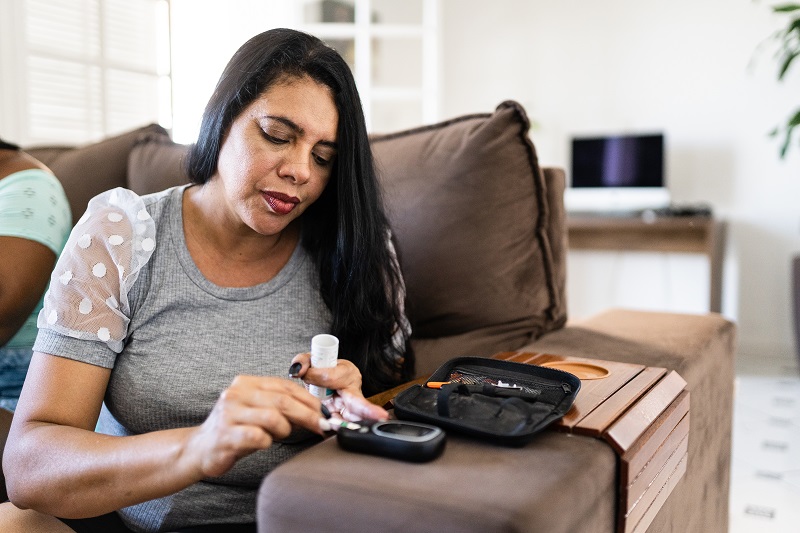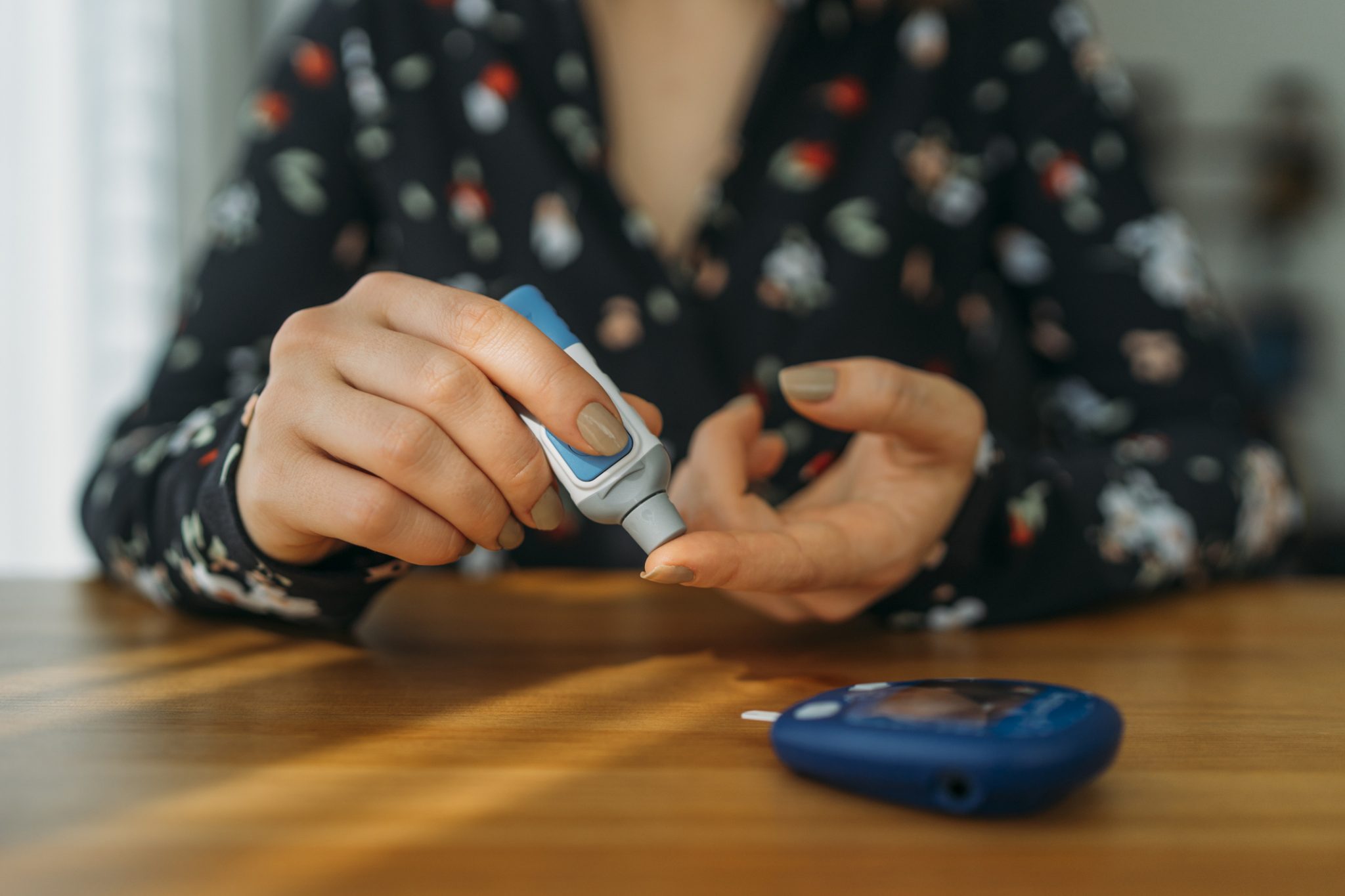Early Signs of Diabetes in Women

February 21, 2023
Because type 2 diabetes often develops gradually, people don’t always realize they have it.
The earlier that you’re diagnosed with diabetes, the better it is for your health. This is particularly true for women, who may experience more significant complications from diabetes.
What are early signs of diabetes in women?
Early diabetes signs may not seem obvious, especially if you aren’t looking for them. But it’s worth talking to your doctor if you have possible symptoms.
Our diabetes experts share early signs of diabetes in women. Symptoms can include:
- Increased thirst. Are you thirstier than usual throughout the day? It may not seem unusual, but it might be a sign of diabetes.
- More trips to the bathroom. Peeing more often may be an early sign of diabetes. Pregnant women and older women may pee more, so you may overlook this sign.
- Chronic yeast infections. Many women get vaginal yeast infections at some point. But women with high blood-sugar levels may develop chronic yeast infections.
- Recurrent urinary tract infections. High-blood sugar levels also increase a woman’s risk of urinary tract infections. If you develop UTIs regularly, it may be a sign of diabetes.
- A decreased sex drive. You may be less interested in sex due to symptoms caused by diabetes. Diabetes may cause vaginal dryness and nerve damage, making sex less pleasurable.
- Heavier menstrual periods. Your blood-sugar levels may fluctuate during the menstrual cycle, due to hormone changes. You may notice that your periods are longer, with a heavier flow.
- Difficulty conceiving. Women with diabetes may have a more difficult time getting pregnant than other women. If you’re having trouble conceiving, seek advice from your doctor.
- Pregnancy complications. Diabetes increases the risk of miscarriage and preeclampsia (very high blood pressure) during pregnancy. Additionally, babies may be born prematurely or have high birth weights.
- Worsening vision. Undiagnosed or untreated diabetes may damage tiny blood vessels, including those in the eyes. This may lead to vision loss or even blindness over time.
- Skin discoloration. You may notice that your skin in certain areas has become darker and velvety. It’s most common on the neck, as well as in the groin and armpits.
- Unintentional weight loss. If weight loss seems effortless but you aren’t even trying, talk to your doctor. Losing weight without explanation may be an early sign of diabetes.
- Weight gain after menopause. Many women gain weight after menopause, but diabetes puts you at increased risk. Hormone changes may impact blood-sugar levels, affecting your weight.
Diabetes isn’t the only possible cause for many of these symptoms. Other health conditions, lifestyle habits or medications may be to blame. When in doubt, see your doctor.
What are the risks from untreated diabetes?
When you have diabetes, your body has trouble making or using the hormone insulin. Insulin helps control your blood-sugar levels by converting sugar from food into energy.
Untreated or uncontrolled diabetes may increase the risk of:
- Heart disease
- Vision problems
- Blindness
- Kidney disease
- Depression
- Heart attack
- Stroke
The risk of heart disease is higher among women with diabetes, compared to men. Additionally, women with diabetes may have worse outcomes than men after heart attacks. If you notice any unusual symptoms, be sure to talk with your doctor.
Next Steps & Resources:
- To make an appointment, call 800-822-8905.
- Find an endocrinologist near you.
The material provided through HealthU is intended to be used as general information only and should not replace the advice of your physician. Always consult your physician for individual care.






